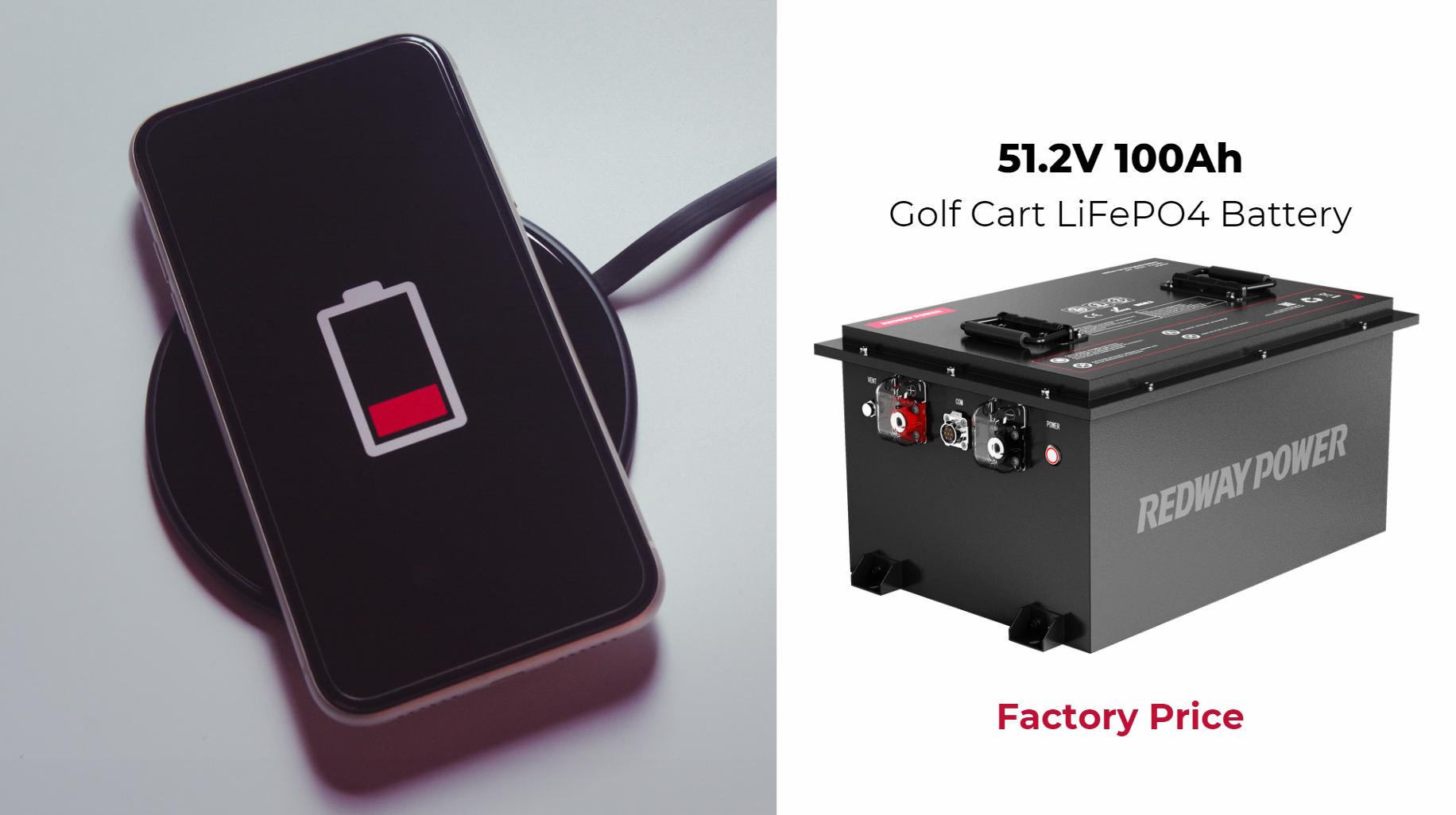Wireless charging is generally slower than wired charging due to the inefficiencies in energy transfer. While wired chargers deliver power directly through a cable, wireless chargers rely on electromagnetic fields to transfer energy, which can result in energy loss and longer charging times. Factors like alignment and distance between the charger and device also impact speed.
Understanding Wireless Charging Technology
1. How Wireless Charging Works
Wireless charging uses inductive charging technology, which involves two coils: one in the charger and one in the device. When the charger is powered on, it creates an electromagnetic field that induces a current in the device’s coil, charging its battery. This method, while convenient, introduces several inefficiencies.
2. Energy Loss During Transfer
The energy transfer in wireless charging is not 100% efficient. Typically, around 20-30% of the energy can be lost as heat during the process. In contrast, wired charging can achieve efficiencies of 90% or more, allowing for faster and more effective energy delivery.
Factors Contributing to Slower Charging Speeds
1. Alignment Issues
Proper alignment between the device and the charger is crucial for efficient power transfer. If the coils are misaligned, energy transfer becomes less effective, resulting in slower charging speeds. Users must ensure their devices are placed correctly on the charging pad.
2. Distance Between Coils
The distance between the charging coils also affects charging speed. The greater the distance, the more energy is lost in transmission. Wireless chargers typically work best when devices are placed directly on them, minimizing this distance.
3. Charging Standards
Different devices and chargers may use various standards for wireless charging, such as Qi or PMA. Each standard has its own efficiency levels and power output capabilities, which can impact how quickly a device charges wirelessly.
4. Heat Generation
Wireless charging generates more heat than wired charging due to energy loss during transfer. Excessive heat can lead to throttling, where the charger reduces power output to prevent overheating, further slowing down the charging process.
Comparison of Charging Speeds
| Charging Method | Typical Power Output | Average Charging Time |
|---|---|---|
| Wired Charging | 10W – 100W | 1 – 2 hours |
| Wireless Charging | 5W – 15W | 2 – 4 hours |
Latest News
Recent developments in wireless charging technology are aimed at improving efficiency and speed:
- Researchers are exploring new materials that enhance inductive coupling, potentially increasing energy transfer efficiency.
- Companies are developing faster wireless charging standards that could deliver higher wattage without overheating.
- Innovations in alignment technology are being tested to minimize misalignment issues during wireless charging.
Redway Expert Comment
“As experts in lithium LiFePO4 technology at AAA Battery, we recognize that while wireless charging offers convenience, it often falls short in speed compared to wired solutions. Our focus remains on providing high-efficiency batteries that support both wired and wireless technologies effectively. As advancements continue in wireless technology, we anticipate improvements that will bridge this gap.”
Conclusion: Why Is Wireless Charging Slower Than Wired?
In conclusion, wireless charging is slower than wired due to inefficiencies inherent in energy transfer methods, alignment issues, distance between coils, varying standards, and heat generation. While it offers unmatched convenience for users, those seeking faster charging times may still prefer wired options.As technology evolves, we expect enhancements in wireless charging methods that may reduce these inefficiencies over time. For now, understanding these factors will help users make informed choices about their charging solutions.
FAQs
What are the main differences between wireless and wired charging technologies?
Wired charging uses a physical connection between the device and charger, allowing for faster and more efficient energy transfer. In contrast, wireless charging relies on electromagnetic fields to transmit energy, offering convenience but generally slower speeds and lower efficiency.
How does the efficiency of wireless charging compare to wired charging?
Wireless charging is typically less efficient than wired charging, with efficiency rates around 50% to 80%. This inefficiency arises from energy loss during the conversion process from electrical to magnetic energy and back, while wired charging maintains a direct connection, minimizing energy loss.
What are the primary reasons for the slower charging speed of wireless charging?
The slower speed of wireless charging is primarily due to its reliance on electromagnetic induction, which is inherently less efficient than direct electrical connections. Additionally, misalignment between the device and charger can further reduce power transfer efficiency.
Are there any advancements being made to improve wireless charging speeds?
Yes, advancements like Qi2 and MagSafe technologies aim to enhance wireless charging speeds by improving coil alignment and increasing power output. Some devices are now capable of achieving up to 100W wireless charging, significantly reducing charge times compared to earlier models.
How do different wireless charging standards impact charging speeds?
Different standards, such as Qi and proprietary technologies like MagSafe, affect charging speeds significantly. Qi generally offers lower power outputs (5-15W), while newer standards can support higher outputs (up to 100W), leading to faster charging times when compatible devices are used.



